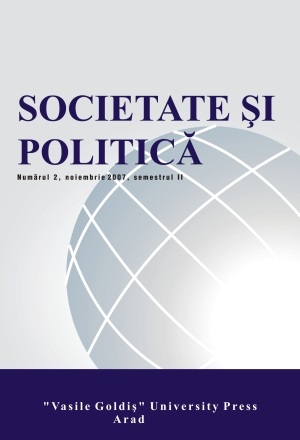Boris Hessen as Philosopher and Polemicist. Ideology, Politics and the New Physics in the Soviet Union in the 1920s and 1930s
Boris Hessen as Philosopher and Polemicist. Ideology, Politics and the New Physics in the Soviet Union in the 1920s and 1930s
Author(s): Paul JosephsonSubject(s): Philosophy, Contemporary Philosophy, Marxism
Published by: Editura Universităţii Vasile Goldiş
Keywords: Boris Hessen; Dialectical Materialism; Marxist Orthodoxy; Relativity; Science and Technology Studies; Intellectual Reception; Internalism-Externalism debate; Cultural Cold War;
Summary/Abstract: Boris Hessen, a Soviet philosopher and physicist active in the 1920s and 1930s, made significant contributions to the history of science, in particular the so-called externalist approach, and to the development of the Soviet epistemology, dialectical materialism (sometimes referred to as diamat). His contributions were noteworthy in particular in showing how general relativity and quantum mechanics were commensurate with diamat. Yet in the increasingly tense period of early Stalinism, seemingly abstruse debates in the philosophy of science became a matter of life and death. This article explores Hessen‘s work in the philosophy of physics, first providing a discussion of the institutional reception of relativity and quantum mechanics in the USSR, then turning to the discussions of physicists, philosophers and Stalinist ideologues, with the latter arguing that the epistemological implications of the so-called new physics. The outcome of these debates led to the purging of many specialists who were accused of being anti-Soviet – and to the arrest and execution of Hessen in 1937.
Journal: Societate si politica
- Issue Year: XIII/2019
- Issue No: 1
- Page Range: 10-36
- Page Count: 27
- Language: English

